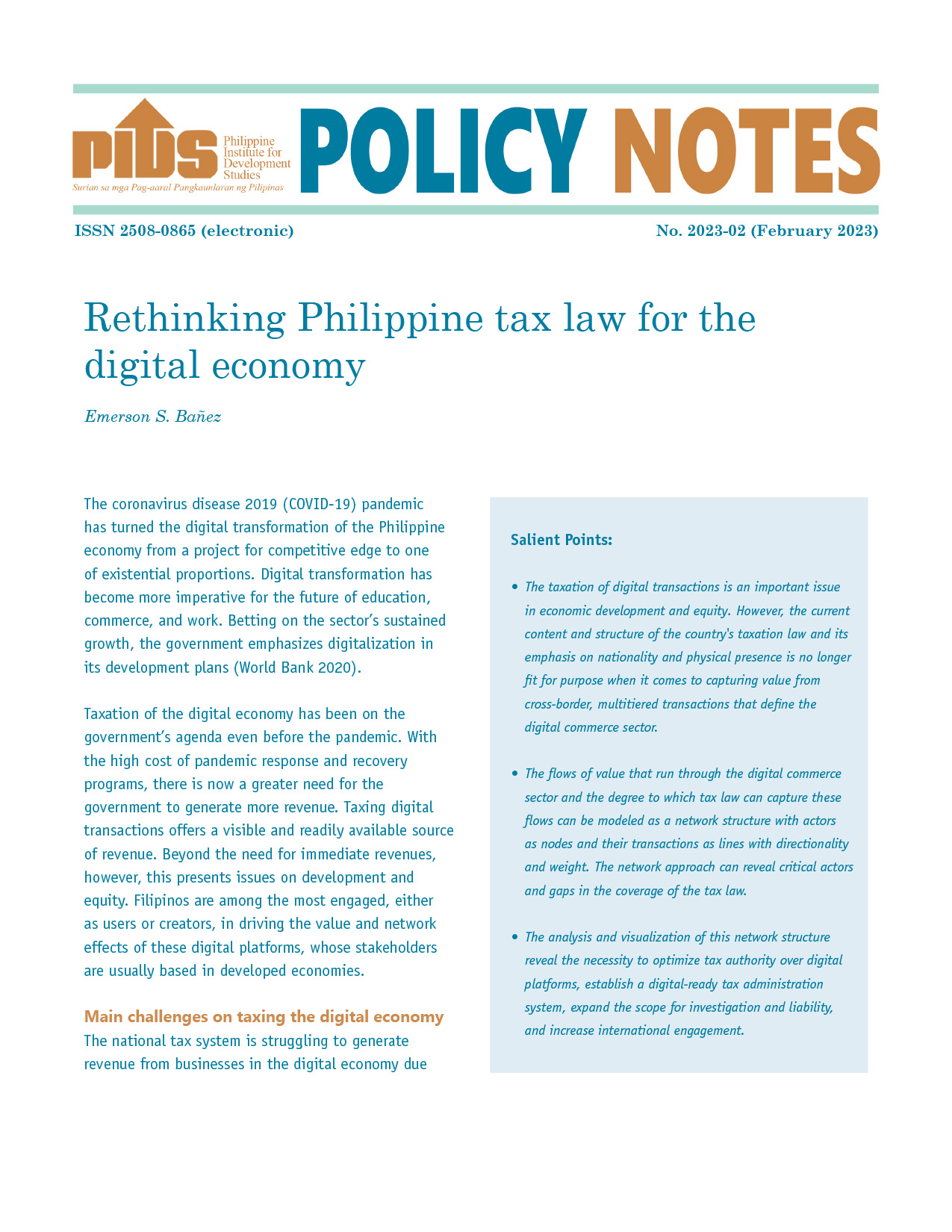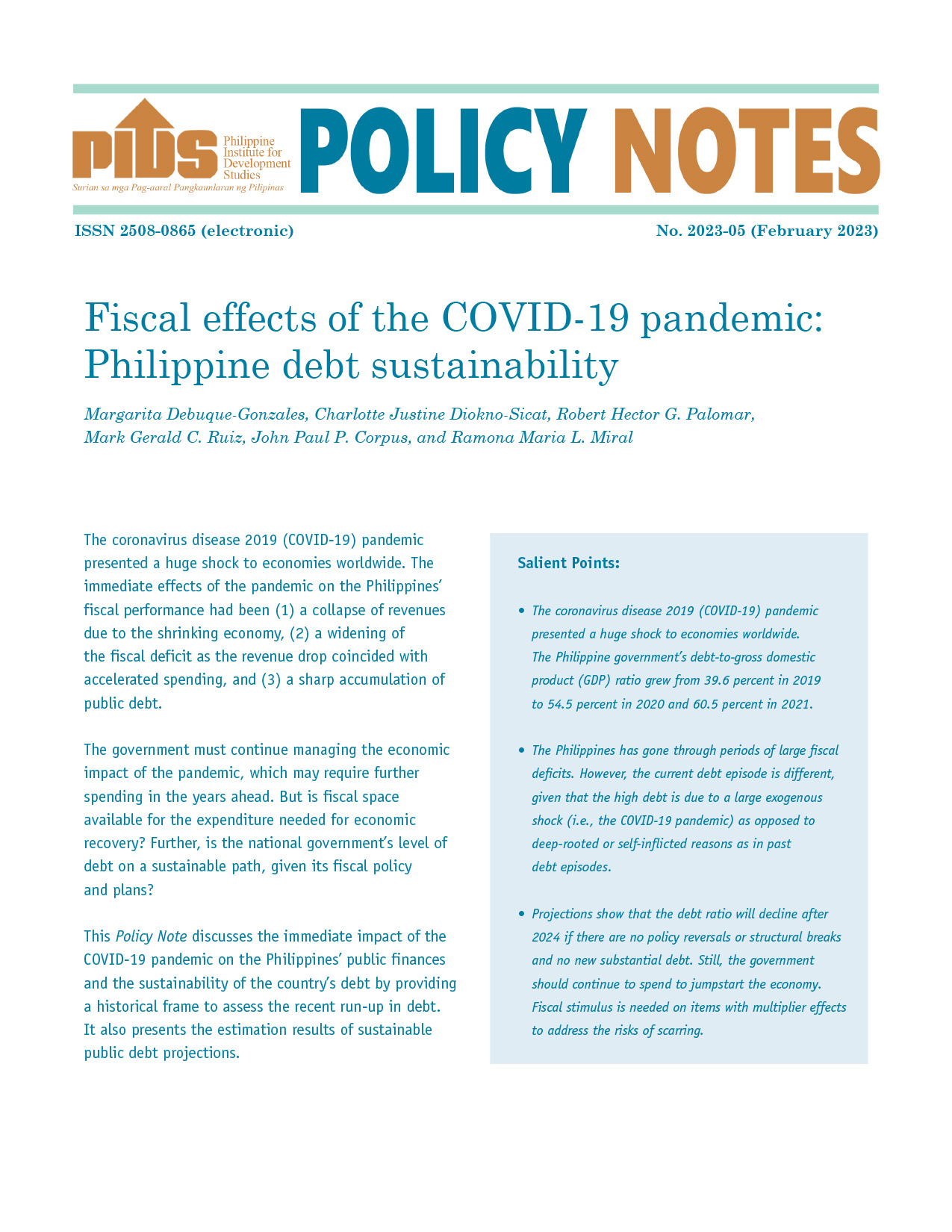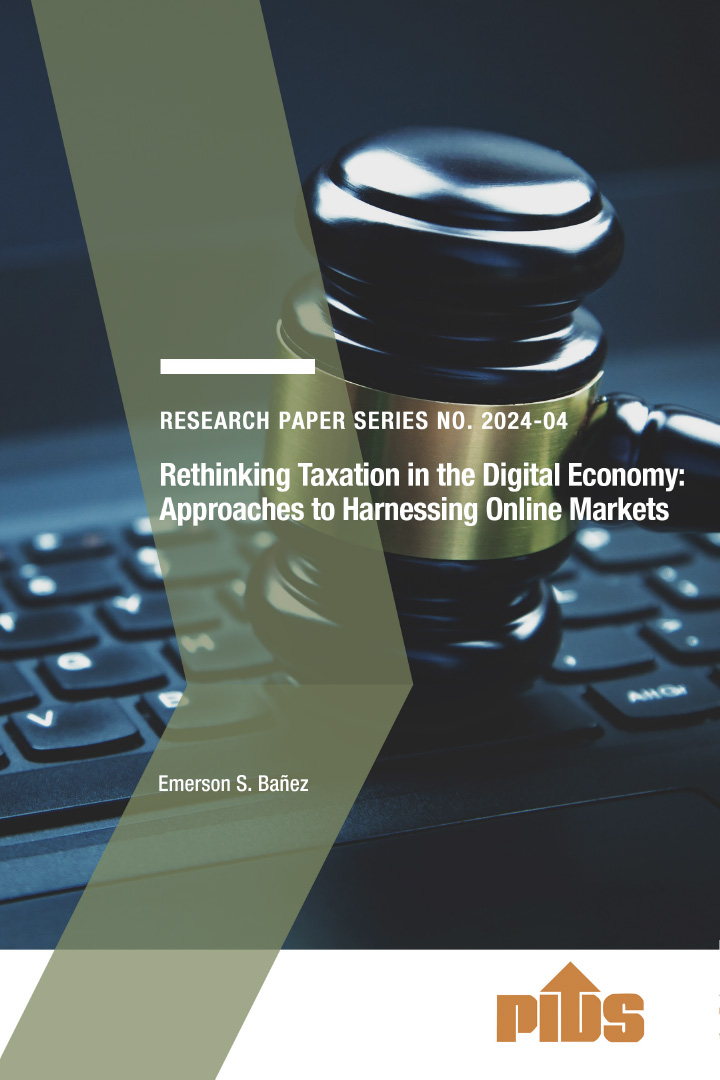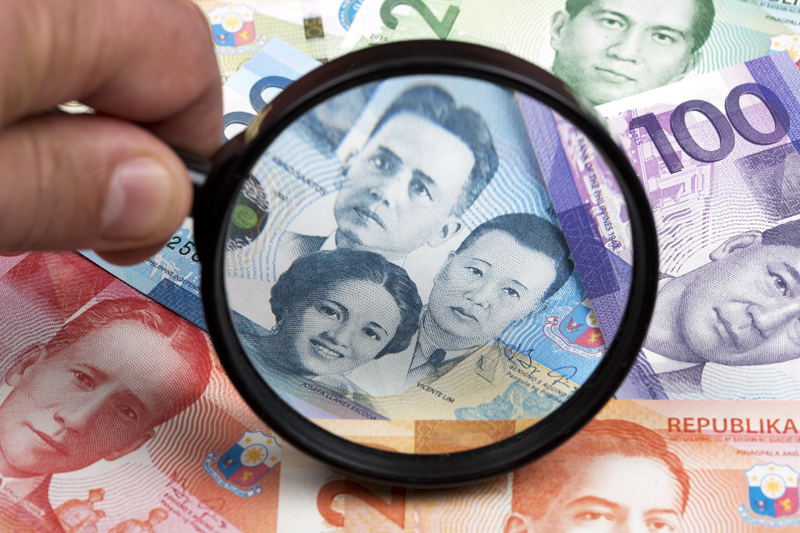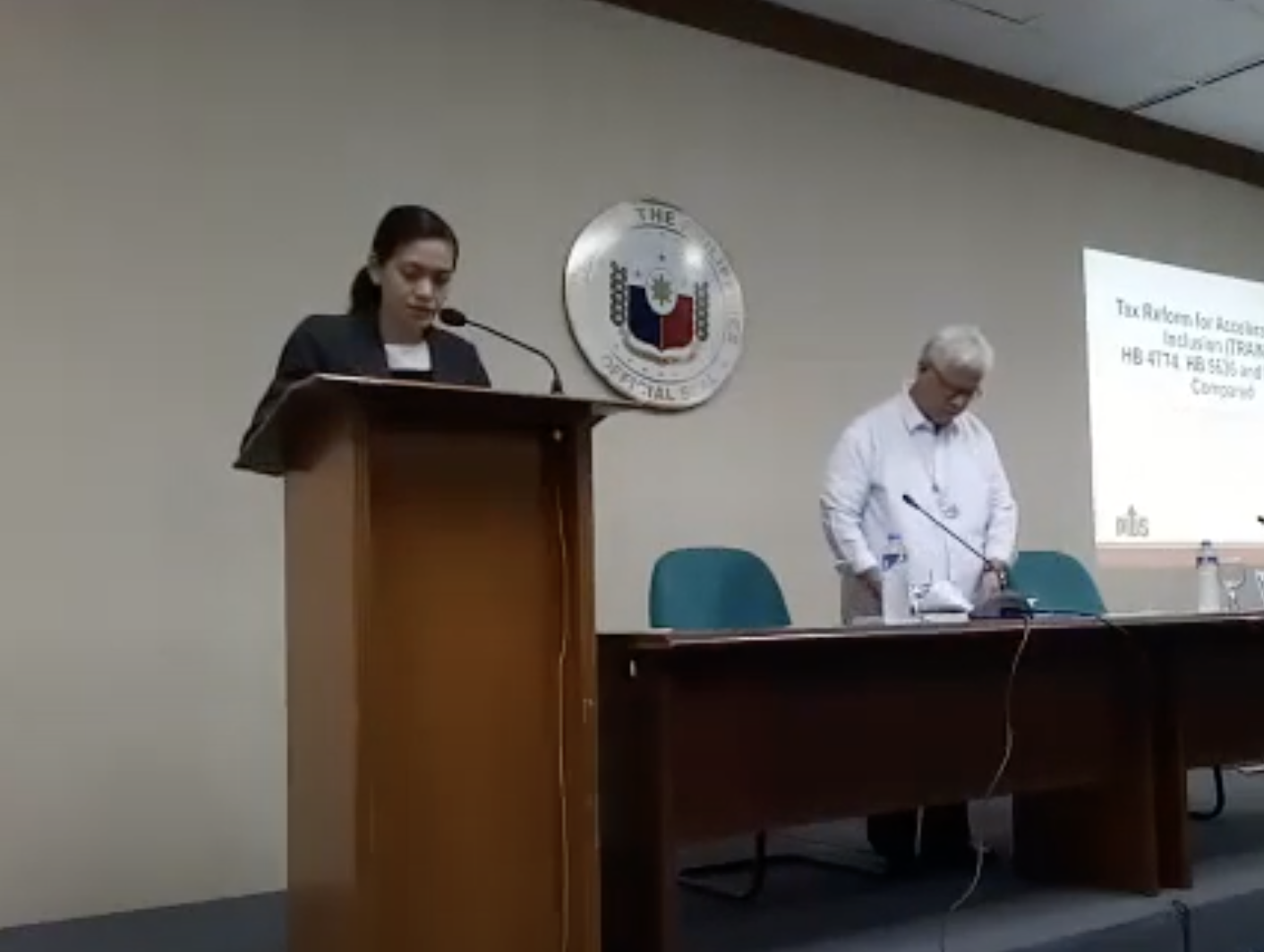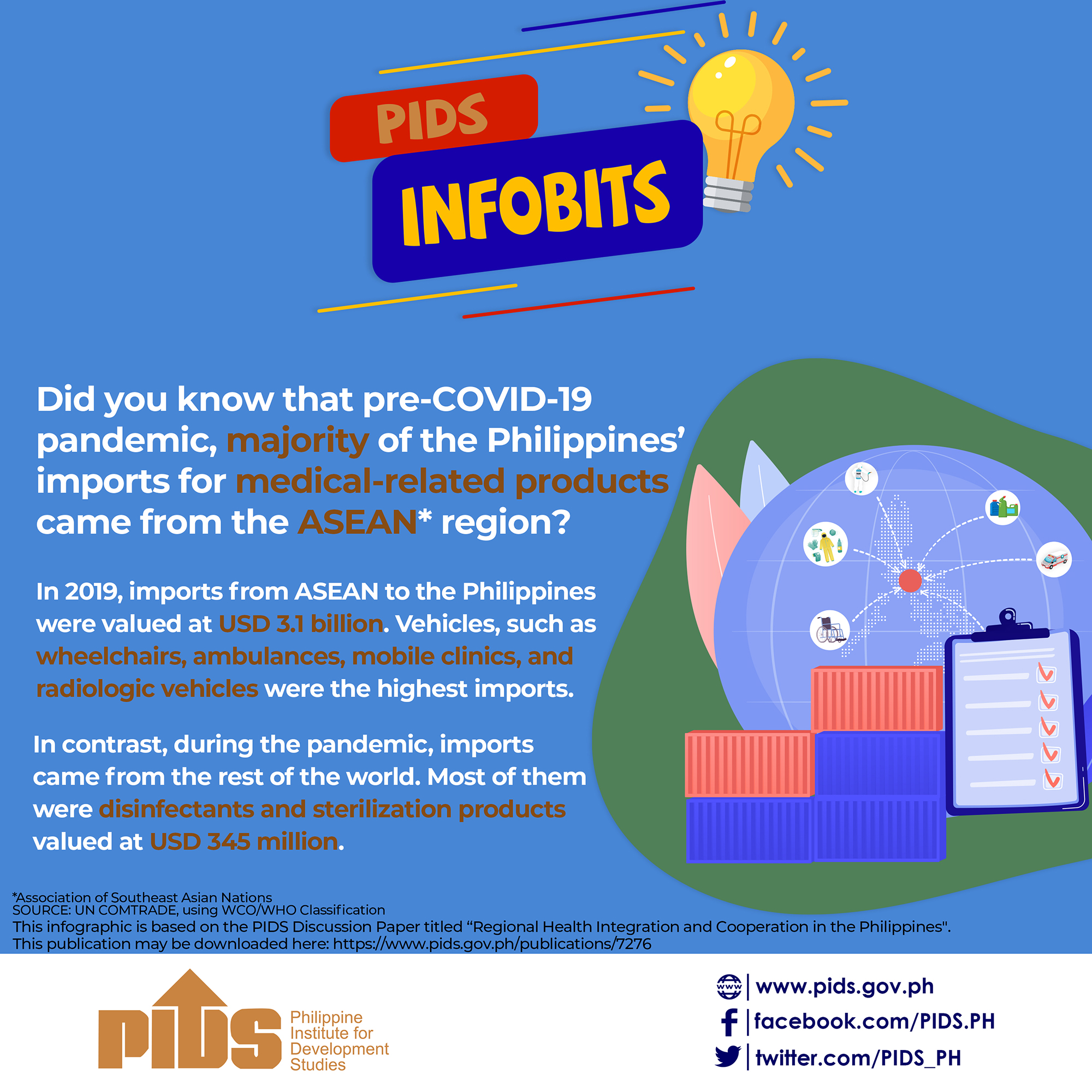THE surge in the country’s purchases of imported sugar and sugar products was the “unintended consequence” of the government’s implementation of the Tax Reform for Acceleration and Inclusion (TRAIN) law, according to a local economist.
The latest data from the Philippine Statistics Authority (PSA) showed that the importation of sugar and sugar confectionery items in the third quarter of 2018 jumped by nearly 54 percent year-on-year.
The import bill for sugar and sugar confectionery items expanded to $154.37 million in the July-to-September period, from $100.29 million recorded in 2017. In terms of volume, shipments rose by nearly 58 percent to 343,190 metric tons, from the previous year’s 217,320 MT.
In June 2018, the government allowed traders to import 200,000 MT of refined and raw sugar to stabilize supply and prices in the domestic market and ease inflation.
Apart from sugar and confectionery items, the price of other basic goods, such as rice, registered increases and caused inflation to accelerate last year.
University of the Philippines economist Rene Ofreneo told the BusinessMirror on Thursday that the increase in the purchases of sugar and sugar products could be an unintended consequence of the TRAIN. Ofreneo said imports are cheaper and do not carry additional taxes imposed under the new law.
“The country’s sugar imports have been subjected to value-added tax [VAT] for the longest time. But with the TRAIN, these products did not see an increase in taxes,” Ofreneo said. “Whenever you do a policy formulation, it has to be comprehensive. With the TRAIN, [policy-makers] only looked at its impact on revenues.”
Because imports are cheaper and the domestic price is unfavorable to planters, Ofreneo said he received reports that some sugarcane lands have been left idle, and local sugar companies are diversifying to keep their businesses afloat.
He added that some farmers did not harvest sugarcane because of higher taxes slapped on sugar-sweetened beverages. The increase in taxes imposed on SSBs did not cover beverages, such as 3-in-1 coffee drinks, which can easily be imported.
Shortage of ‘sacadas?’
Ofreneo also said it is also now becoming more difficult to hire sacadas to work in sugarcane fields. He reported feedback from the field that the children of older sacadas, who are mostly covered by the Conditional Cash Transfer (CCT) program, also refuse to work in the fields.
“Aside from the TRAIN, it is of course the low cost of sugar that is affecting production. This is the reason some of the sugar mills are shifting to alco-gas and diversifying their businesses into distilleries,” he said.
Prior to the third quarter, data from the PSA showed that payments for imported sugar and sugar products registered declines. In the first quarter, the import fell by 47.42 percent year-on-year to $70.94 million. In the second quarter, payments contracted by 12.58 percent year-on-year to $78.39 million.
Trade deficit
Data from the PSA also showed that the agriculture sector’s trade deficit in July to September 2018 widened by 42.38 percent to $1.85 billion, from $1.3 billion recorded in 2017. This is because imports expanded by 15.48 percent while exports contracted by 4.34 percent year-on-year. The import bill during the period reached $3.54 billion while export receipts amounted to $1.69 billion.
Derailed TRAIN targets
In December, a Philippine Institute for Development Studies (PIDS) study estimated that government collection from the TRAIN may still fall short of target in the next three years.
In the study titled “Assessment of Republic Act 10963: The 2017 Tax Reform for Acceleration and Inclusion,” PIDS Senior Research Fellow Rosario G. Manasan said total tax revenues may decline by P66.097 billion in 2018 and P33 billion in 2019. The TRAIN law is projected to generate additional revenues of P6 billion, or 0.03 percent of GDP, in 2020 onward.
The TRAIN also had an adverse impact on the poorest households, requiring the government to provide unconditional cash transfers of P300 to P400 a month in the next three to four years.
Manasan said the tax revenue estimates of the incremental revenues are lower than the official estimates which place the revenue gains from the TRAIN law at P63 billion in 2018, P104 billion in 2019 and P140 billion in 2020.
She said actual revenue from the personal income tax may fall below its 2018 target by P43 billion which suggests that the revenue loss from personal income-tax (PIT) reform may actually be closer to P190 billion, larger than the finance department’s estimate of P146 billion estimate.
Manasan also said the October 2018 collections of the Bureau of Internal Revenue and Bureau of Customs indicate that excise and VAT revenues may fall short of their targets for the entire 2018 by a combined total of P36 billion.

